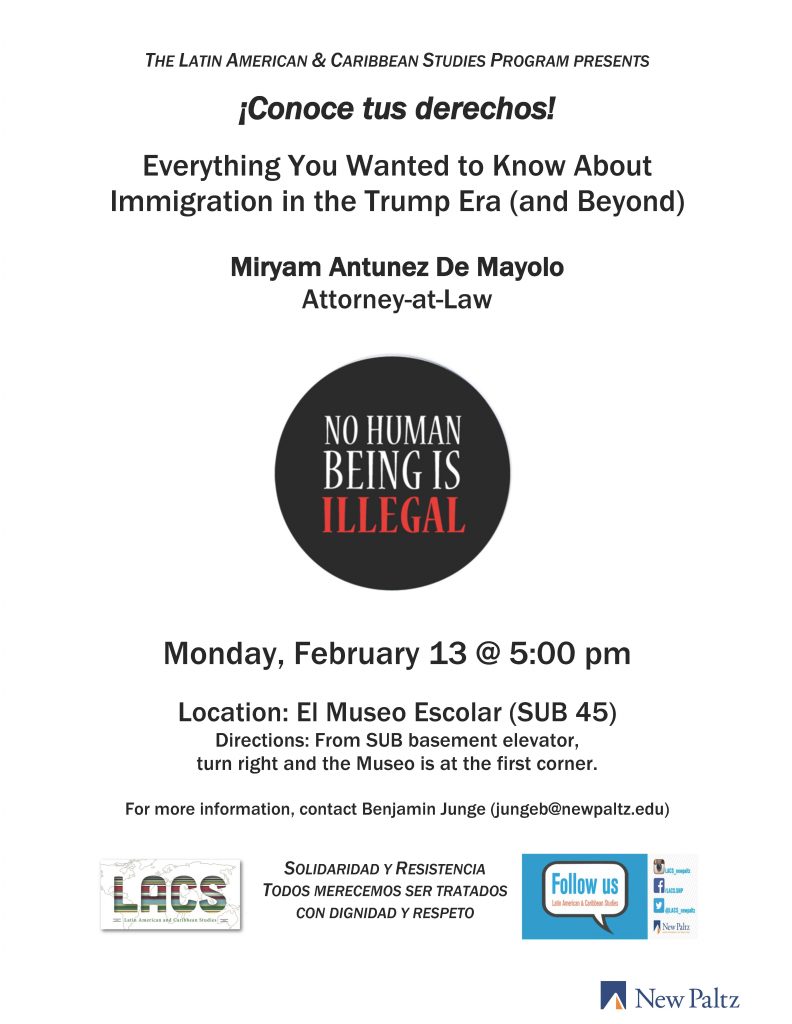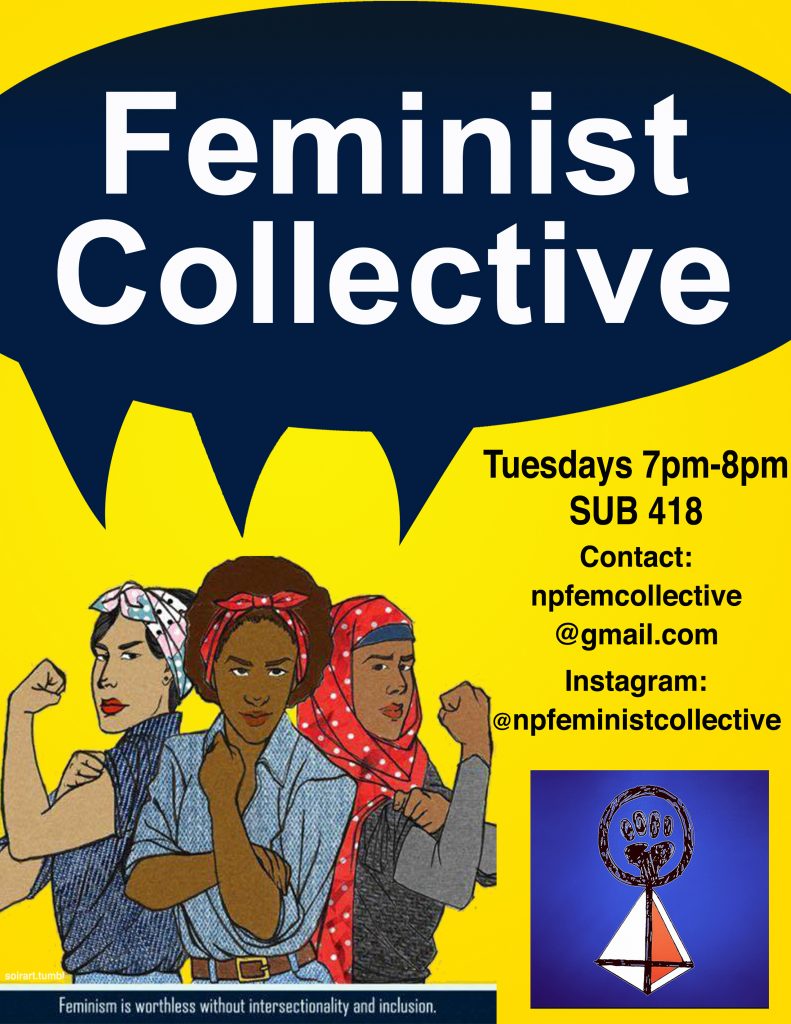https://soundcloud.com/indii26/indianas-latina-feminism-final
Author: Jessica Pabon
Nao Bustamente
COLLECTION TITLE: Hemispheric Institute Encuentro:Globalization, migration and the public sphere(3rd : 2002 : Lima, Peru).
Extra Credit Film
On Tuesday March 28, right after Spring Break, we will be screening the award-winning feature film Rara (2016) by Chilean film director Pepa San Martín. The film tells the story of Sara, a 13-year-old girl who, besides trying to survive adolescence, has to deal with people’s judgments about her family structure and a custody battle between her parents. San Martín’s story is inspired in a real custody battle in Chile in which a mother lost the custody of her child because of her sexual orientation. San Martín is coming to present the film at MoMA and has been kind to accept our invitation, screen her film and share her thoughts with us in an after-screening Q&A. Rara has won more than ten awards, among them, the International Jury Grand Prix at the Berlin International Film Festival (Generation Kplus), the Horizons Award to the Best Film at the San Sebastian International Film Festival and the Audience Award at Queer Lisboa.
Why Young Culture Makers Are Proudly Reclaiming Bruja Feminism
Great article: http://remezcla.com/features/culture/bruja-feminism-culture-makers-latinx/




